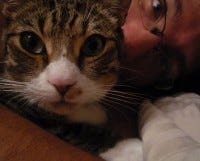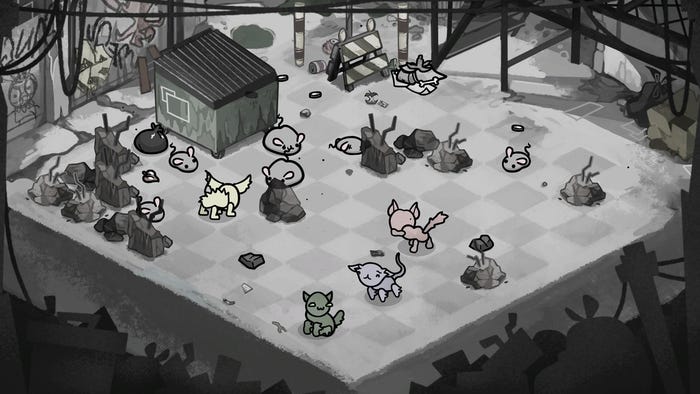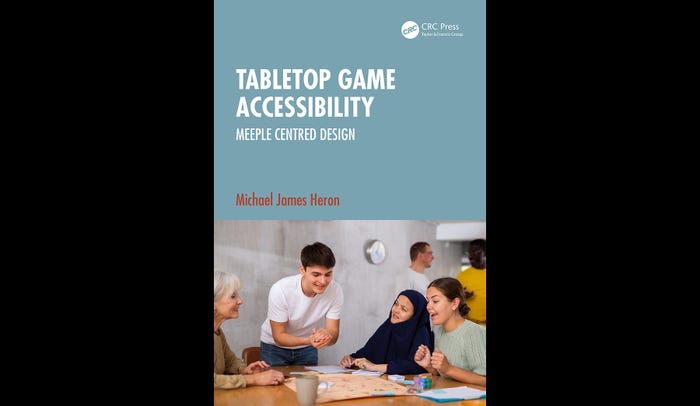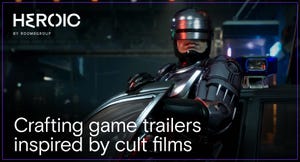Thief producer on next-gen dev: 'We're trying not to go crazy'
Gamasutra spoke to Thief producer Stephane Roy about the challenges of rebooting classic franchises, producing games for next-gen, and finding inspiration in indies.

Gamasutra caught up with Square Enix's Thief producer Stephane Roy at E3 today. Here are a few choice extracts from the Q&A, about the challenges of rebooting a classic IP, next-gen production and development, and creative influences." Learning lessons from Deus Ex: Human Revolution on rebooting a beloved IP: "It was cool to have [the Deus Ex: Human Revolution dev team] in the studio with us because it's easy to think that '[Thief fans] are telling us we have to have this and that and go there", and they remind us that we have to be cool and trust our instincts, because they had to do the same thing with Deus Ex." On managing budgets for developing content in open-ended games: "This type of game, as a producer, can be really frustrating. You have this setting in a garden, let's say, and if you play like a perfect thief, like a ghost, you'll see a scripted event where two guards talk about their wives, and the captain is doing something, it's rich and you are in the universe and you can hear the conversations -- it's a lot of money, a lot of energy for my team to make all that. But then you do something, the guard says 'ALERT' and all that vanishes -- psshh! It's not there. "What we do is that we ensure in the level design that all the ingredients are there; you have reasons to provoke things, making sure it's so well done that nothing feels scripted. We want the player to think, 'Hey, I have this idea!' Yes, you have that idea, but we're going to help you to have this idea, because trying to do everything is just impossible." On next-gen dev practices and advantages: "For this generation, what I really appreciate, and I don't think this will last very long, but people are not complaining about limitations. What they have in mind on paper, we can make it happen. It's fresh air, you know -- 'Can we do that? Yes, we can!' "We're trying to not go crazy. We fell in this trap where we said, 'Oh, let's just produce more!', it became unmanageable, the costs just exploded, and at the end of the day the player didn't receive what they should have received. The machine is more powerful, and here is where this matters most to our player, but the player didn't ask for that over there. "It's really important from a production point of view that you can tell which departments are most important. If you're making a dancing game, your animations will be really important, and you need to follow that to support this vision. You can't tell every department 'You are all equally important!' or you'll have a hard time closing the game." On creative influences: "Mark of the Ninja, it's a small indie game. It's been great to see that sometimes you don't need all these features to make something fun. Sometimes, more complicated doesn't mean it's fun. Movies have been an inspiration, too -- Sherlock Holmes has been one, the combat in the movies, the story in the novels."
Read more about:
event e3About the Author(s)
You May Also Like









.png?width=300&auto=webp&quality=80&disable=upscale)



